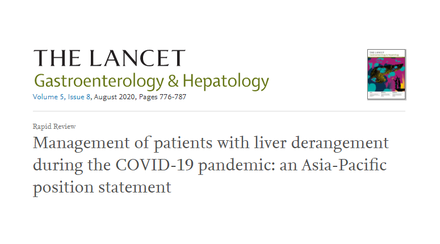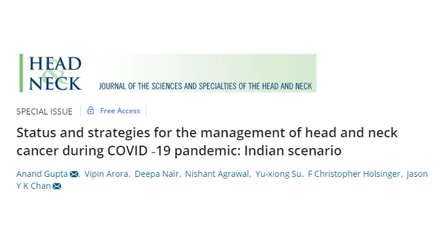Detecting infectious norovirus by new culture system

Human norovirus is the leading cause of acute gastroenteritis cases worldwide. However, laboratory tests to detect its infectivity have been lacking until a recent culture system was developed – the Human Intestinal Enteroids (HIE). This system is derived from human small intestinal tissue and it provides a chance to examine norovirus infectivity in laboratory settings. The article “Use of Human Intestinal Enteroids to Detect Human Norovirus Infectivity” concluded that HIE culture model can indicate the presence of infectious norovirus since they can be detected in fecal infiltrate dilution by real-time PCT, and some patients shedding low levels of norovirus RNA may not be infectious. (Emerg Infect Dis. 2019 Sep;25(9):1730-1735. doi: 10.3201/eid2509.190205.)
Anyone interested in future collaboration in this field of research is welcome to contact our key investigator Prof Paul Chan in the Department of Microbiology, CUHK. He is the deputy director of Stanley Ho Centre for Emerging Infectious Diseases. Prof Chan’s research focuses on molecular epidemiology and pathogenesis of human noroviruses.
Read full article: https://www.ncbi.nlm.nih.gov/pmc/articles/PMC6711227
More about research at CU Medicine: https://research.med.cuhk.edu.hk










